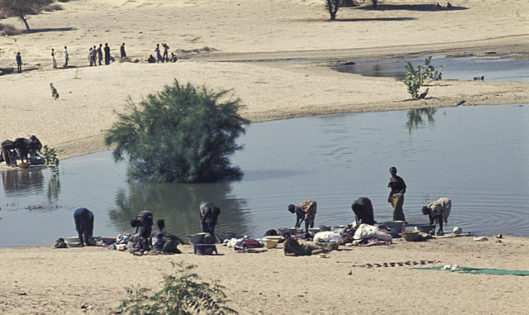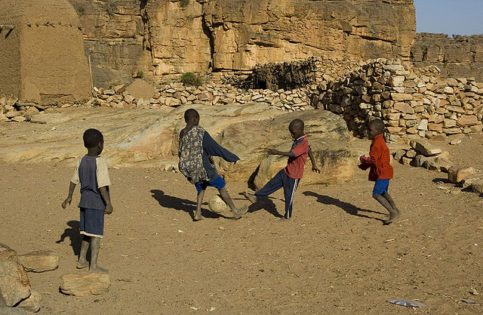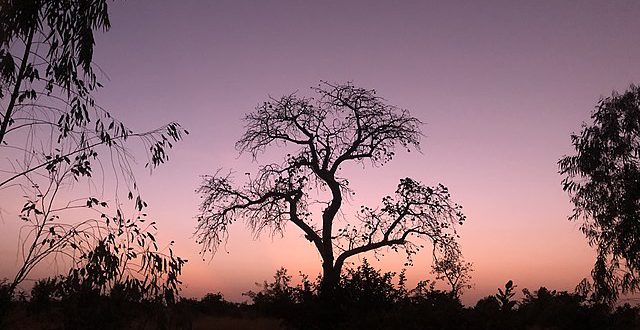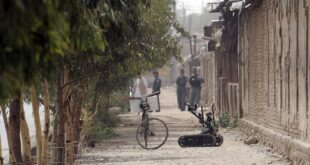By Samuel Longstreth / Grey Dynamics
Editor’s note: Over the summer, the government of Mali accused Cote d’Ivoire of sending armed mercenaries into the country, a charge the Ivory Coast denies. But Mali is working with another foreign military force, the Wagner Group of Russia. Here’s a Special Report for Soldier of Fortune from the London-based Grey Dynamics, exploring Wagner’s operations inside Mali.
The Wagner Group, a Russian private military security company (PMSC), has deployed its forces in a myriad of operations in Mali. This presents a threat to regional security, human rights security, and towards European and American presence.
Background:
Russia’s involvement in the African continent and surrounding regions has expanded following its activities in Syria. Russia has made military footprints in the Central African Republic, Sudan, Libya, Mozambique, Madagascar, and Mali – the latest of these countries to experience an uptick of PMSC presence and activity.
Countries have different reasons to take on foreign private militaries, such as domestic unrest, lack of domestic security forces, or political conflicts. For Mali, the desire to accept more than 1,000 Wagner contractors in 2020 comes from a mixed bag of motivations, including the following:
- Need to protect national infrastructure from insurgent and rebel groups.
- Bolster training of national armed forces.
- Resecuring lost infrastructure, particularly northern mining operations.
- Furthering political support for national government.
- Increasing security for government officials and other important persons.
Current Operations

The current nature of Wagner’s operations have far further reaching strategic impacts than just these potential boons for Mali. The operations themselves may also be in jeopardy, given the conflict in Ukraine.
The Wagner group’s impact on the ground is hard to fully assess, due to their sparse deployment comparative to state forces and difficulty gathering holistic intel. It is estimated that between 800 to 1,000 Wagner operators are present on the ground. The costs of these operations has been disclosed as upwards of 10 million USD.
Foreign fighters in a foreign land
In Mali, the Wagner group conducts two types of operations on the ground: direct combat and training.
Direct combat can be both defensive or offensive for Wagner operators. Their known deployments are currently mostly in the central and eastern parts of the country, where ISIS and Al-Qaeda forces have threatened population centers and resource extraction infrastructure. Offensive raids against insurgency forces have been recorded, with Wagner operators working alongside local forces.
Wagner also assisted in defense operations, guarding facilities that help extract valuable resources. This guarding of resources falls in line with the overall goal of Russia in Mali, that being to secure valuable resources in exchange for military assistance via private contractors.
Local Impacts

The impact of the Wagner group goes beyond operations that neutralize insurgents. Human rights abuses and misinformation campaigns further complicate an already struggling security situation.
Since it arrived in the country, Wagner has conducted a variety of operations alongside the Malian armed forces (FAMa) in central and western territories. Human rights groups have tracked multiple serious human rights violations in the wake of these operations, including mass graves, reports of abuse, and unnecessary civilian fatalities. Between December 2021 and March 2022, upwards of 70 civilian deaths were recorded, according to the Center for Strategic and International Studies.
In some instances, Wagner was not accompanying FAMa forces. Their absence, however, does not exempt them from close involvement. It is estimated that the total civilian deaths are much higher nationwide from Wagner and its cooperative operations, according to Africa News.
Lies and deceptions
Wagner has also conducted misinformation campaigns within Mali, in order to both confuse and redirect public attention. One such example was the funding and production of broadcasts that claimed 87% of Malians approved of Mali’s outreach to the Wagner group. Similarly, they conducted public misinformation campaigns on social media, criticizing rebel groups in an attempt to destroy their credibility.
Strategic Impacts
The strategic implications of Wagner’s involvement in Mali are multifaceted. It is yet another component of the larger Russian push to increase the footprint in Africa, in direct opposition to American and European deployments. As Russian forces gain additional footholds in African countries, especially via PMSCs, they gain access to resources and allies that would otherwise be lost due to economic sanctions. Russian deals for resource access in exchange for military services are an example of this.
Other African countries may see Russian foreign assistance as just as viable as Western assistance. Regimes that see positive results, especially on the battlefield, may be more inclined to reach out to groups like Wagner, as well.
Future of Wagner in Mali and Africa
As for continued operations in Mali and even the greater African continent, the future remains uncertain. The brutal war in Ukraine may draw professional contractors back to Russia’s doorstep in favor of prioritizing military resources.
Human rights abuses also abound, with multiple human rights watch groups presenting verifiable evidence of killings and abuse. If Russia seeks to have a long term presence, it may need to have a better reputation than one that sides with violent and brutal regimes. Without the support of the people of these countries, their operations are doomed to fail.
Grey Dynamics is a private intelligence firm based out of London, with analysts, researchers, and investigators worldwide.
 Soldier of Fortune Magazine The Journal of Professional Adventurers
Soldier of Fortune Magazine The Journal of Professional Adventurers






